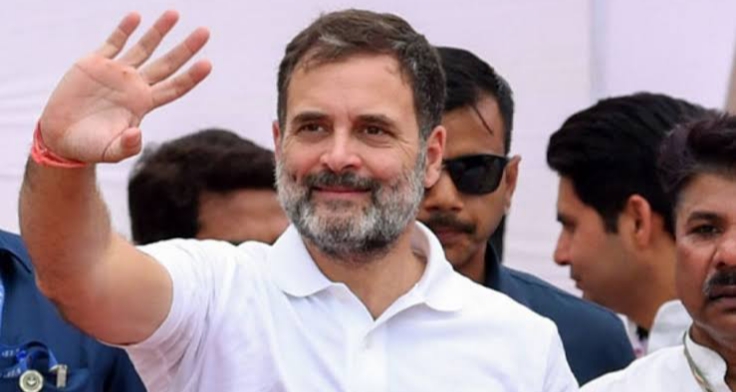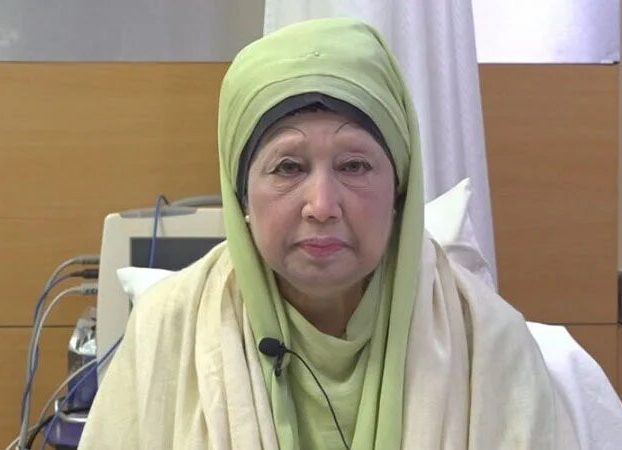
Rahul Gandhi’s political rise is a complex and multi-layered phenomenon, deeply intertwined with the dynamics of Indian politics and internal changes in the Indian National Congress. His rise is built not only by his family heritage and political legacy, but also by his own political practice, leadership style and his role in Indian politics. In this report we will discuss Rahul Gandhi’s political journey, the background to his rise, and his impact on Indian politics.
Early life and education
Rahul Gandhi was born on June 19, 1970. He was born into a famous family in Indian politics; Her father Rajiv Gandhi was a former Prime Minister of India and her grandmother Indira Gandhi was the only female Prime Minister of India. Born in such a family, Rahul Gandhi was intimately familiar with the political and social environment of India from his childhood.
Rahul Gandhi’s educational career was also exceptional. He received his primary education in Delhi and Dehradun. He then enrolled at Harvard University, but was transferred to Rollins College after his father’s murder. There he received his bachelor’s degree in 1994. He then obtained a Master’s degree in Development Economics from Trinity College, Cambridge University in 1995.
The beginning of the political journey
Rahul Gandhi’s political journey officially began in 2004, when he contested the Lok Sabha elections from Amethi and won by a huge margin. Amethi is the traditional parliamentary seat of the Gandhi family, previously occupied by both Rahul’s father and mother. His election was a reflection not only of his personal popularity, but also of public confidence in the Gandhi family.
In 2007, he took charge of the Youth Congress of India and the National Students’ Union (NSUI). Under his leadership several reforms were brought in these organizations and the younger generation was encouraged to take interest in politics. This is a special aspect of Rahul Gandhi’s leadership; He has always tried to involve the youth in politics and emphasized on building new leadership.
Rise to the top leadership of the Congress
Rahul Gandhi was elected as the Vice-President of the Indian National Congress in 2013. While in this position, he began to play a more active role in the party’s internal operations and policy formulation. The 2013 internal elections of the Congress party were held under his leadership, which was a major step forward. He wants to make the party structure more democratic and bring in new leadership through this election.
The Congress party won some major victories under the leadership of Rahul Gandhi. Congress’s success in the 2013 assembly elections in Rajasthan, Madhya Pradesh and Chhattisgarh was a major achievement for his leadership in particular. However, alongside these successes there were also some significant failures. In the 2014 general elections, the Congress party suffered a landslide, winning only 44 seats. This failure brought strong criticism of Rahul Gandhi’s leadership and questioned his leadership ability.
Seated in the post of president
In 2017, Rahul Gandhi was officially elected as the president of the Congress party. His induction into this post was a pivotal moment in his political career. As president, Rahul Gandhi focused on internal restructuring of the party and development of political strategies. He went head-to-head against powerful BJP leaders and tried to regain the party’s lost ground.
In 2018, the Congress party led by Rahul Gandhi won the assembly elections in Madhya Pradesh, Rajasthan and Chhattisgarh, which is considered a major achievement of his leadership. These victories revitalized the Congress party and further established Rahul Gandhi’s leadership.
2019 general election and beyond
Although the Congress party won some notable electoral victories during Rahul Gandhi’s tenure as president, the party suffered a landslide in the 2019 general elections. Congress managed to win only 52 seats in this election. This was seen as a major blow to Rahul Gandhi’s leadership and increased political pressure on him. Taking responsibility for the defeat, he resigned from the post of Congress president.
Despite his resignation, Rahul Gandhi remains an important leader of the Congress party. He actively participates in various social and political issues and provides strategic advice for the party. The Congress party under his leadership still remains a dominant political force in India and plays an effective role as an opposition party to the BJP.
Rahul Gandhi’s political rise is not just a personal journey, but an important chapter in Indian politics. His rise affected the dynamics of Indian politics and brought changes in the internal structure and leadership of the Congress party. Although the Congress party has faced some major setbacks under his leadership, his leadership qualities and political strategies have been instrumental in reviving the Congress party.
How Rahul Gandhi’s future political journey will develop is an important question of Indian politics. Time will tell if the Congress party can regroup under his leadership, and emerge as an effective opposition force against the BJP. However, Rahul Gandhi’s political rise has already made a deep impression on Indian politics, which may be even wider in the future.

 Md. Ibrahim Hossain Bishal
Md. Ibrahim Hossain Bishal 


















